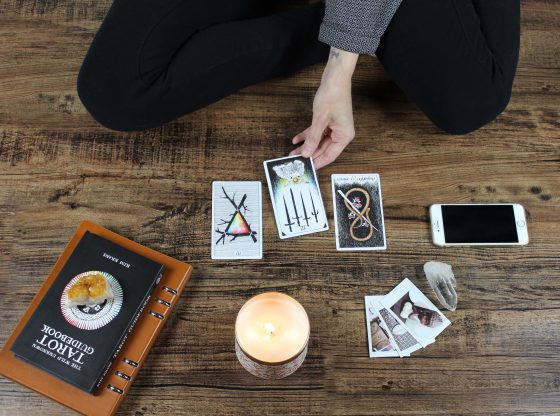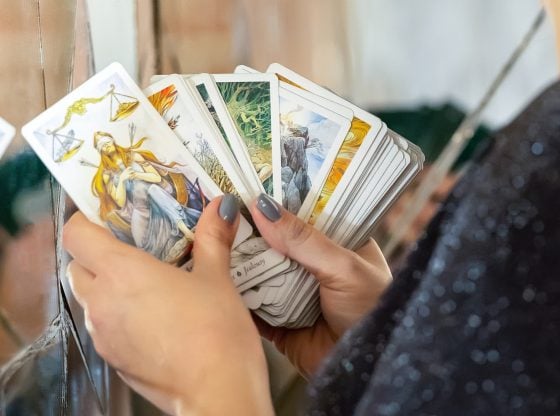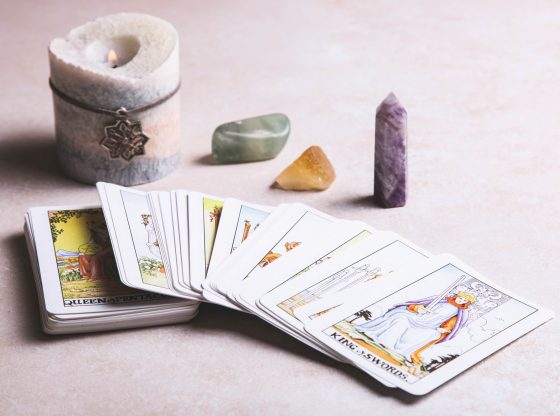Ok, so you’ve been getting psychic advice for quite some time, but now you’re wondering how to become a tarot card reader so that you can be the one advising others for a change. While you may be enthusiastic about practicing this ancient craft, make no mistake—not everyone who wishes to be a tarot reader is an overnight success story. There are several boxes to check before you can successfully pull off a reading. Still, if you have the determination (and the patience), here are some key things you need to know about being a tarot card reader.
You Need to Master the Meaning of All 78 Cards
Sorry, no cheat sheet folks. In order to be a successful tarot card reader, you have to master the meaning of each and every card, to include how to interpret the cards so that you can give an accurate and thorough reading. Remember, each card can mean something different depending on the situation, so avoid simply rattling off general connotations.The next step is to be able to tell a story in relation to the question at hand by looking at all of the cards in the spread—this is referred to as synthesis.
Figure Out Your Niche
Every tarot reader has a different relationship with the cards, so it’s up to you to determine what type of readings you’re the strongest at, whether that means deep, complex situations such as illness and death or lighthearted topics such as pregnancy and marriage. Having a particular strength is a great way to attract a specific client base. Once you’ve done this, develop a mission statement so you have a reminder of what your services are and why you’re providing them.
You Can’t Cut Any Corners
Just because you learned how to read tarot cards doesn’t mean you know how to professionally conduct a thorough reading. A session starts the moment you greet your client, engage with them, and get an idea of what type of questions they have. You also need to be able to troubleshoot in case you have a disgruntled or disappointed client. This is not uncommon if someone doesn’t get the answers they want to hear! Maintaining a relationship after the reading is also key, so make an effort to keep in touch and answer any follow-up questions.
Have a Strategy for Drawing Blanks
Even the most seasoned pros can draw a blank from time-to-time, but it really should be an infrequent occurrence. Develop a strategy for how you’ll deal with this type of situation when seated in front of a client or on the phone.
Develop a Code of Ethics
Oftentimes, clients share a lot of personal information about themselves and others—are you prepared to handle that? Or perhaps you have a stressed and overwhelmed client who is booking copious readings over a short period of time. Determine when to draw the line so that you’re not taking advantage of their weakness in order to enhance your bank account.
Don’t Just Practice on Friends and Family
While it’s great to rely on friends and family when you start to exercise your craft, it’s also important that you get out of your comfort zone and practice on strangers, too. While this is a huge leap, it’s also a necessary one for developing confidence and intuition while identifying what type of reader you are.









